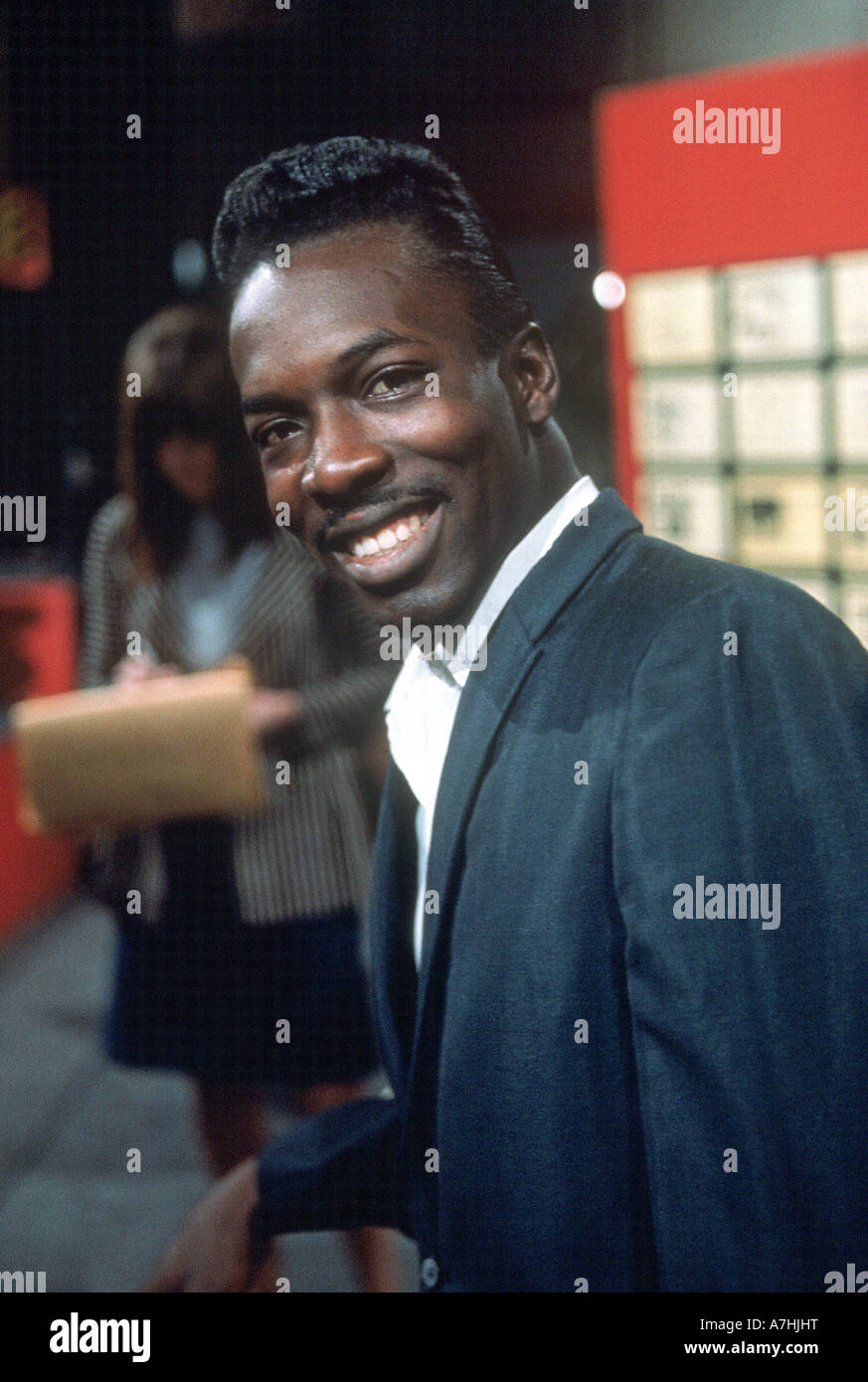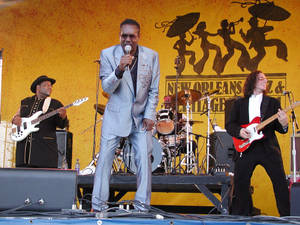The Soulful Shouter of R&B

Wilson Pickett, known for his electrifying voice and charismatic stage presence, stands as one of the most influential figures in the history of soul and R&B music. With a career spanning over three decades, Pickett's powerful performances and iconic hits have left an indelible mark on the musical landscape. From his early days in Alabama to his rise to international stardom, Pickett's journey is a story of raw talent, perseverance, and the transformative power of soul music.
Born on March 18, 1941, in Prattville, Alabama, Wilson Pickett was raised in a deeply religious household. His early exposure to gospel music in church laid the foundation for his future career. Like many other soul legends, Pickett's roots in gospel provided him with the emotional intensity and vocal power that would later define his music. At the age of 14, he moved to Detroit, Michigan, to live with his father. The move to Detroit, a city with a thriving music scene, was a turning point in Pickett's life.
Pickett's musical career began in the late 1950s when he joined the gospel group The Violinaires. His time with the group honed his vocal skills and stage presence, but it wasn't long before he felt the pull of secular music. In the early 1960s, Pickett transitioned to R&B, joining the Falcons, a group that also featured future stars Eddie Floyd and Mack Rice. With the Falcons, Pickett scored his first hit, "I Found a Love," in 1962. The song showcased his gritty, passionate vocal style and hinted at the success to come.
 In 1963, Pickett launched his solo career, signing with Atlantic Records. His breakthrough came with the release of "In the Midnight Hour" in 1965, a song that would become one of his signature hits. Co-written with legendary producer and musician Steve Cropper, "In the Midnight Hour" was recorded at Stax Records in Memphis, Tennessee. The song's infectious groove, driven by the "delayed backbeat" rhythm, and Pickett's searing vocals made it an instant classic. It topped the R&B charts and crossed over to the pop charts, establishing Pickett as a major force in the music industry.
In 1963, Pickett launched his solo career, signing with Atlantic Records. His breakthrough came with the release of "In the Midnight Hour" in 1965, a song that would become one of his signature hits. Co-written with legendary producer and musician Steve Cropper, "In the Midnight Hour" was recorded at Stax Records in Memphis, Tennessee. The song's infectious groove, driven by the "delayed backbeat" rhythm, and Pickett's searing vocals made it an instant classic. It topped the R&B charts and crossed over to the pop charts, establishing Pickett as a major force in the music industry.
The success of "In the Midnight Hour" marked the beginning of a prolific period for Pickett. He followed up with a string of hits that defined the sound of 1960s soul and R&B. Songs like "Land of 1000 Dances," "Mustang Sally," "Funky Broadway," and "634-5789 (Soulsville, U.S.A.)" became anthems of the era. Pickett's ability to infuse his songs with raw emotion and energy resonated with audiences, earning him a reputation as one of the most dynamic performers of his time.
Pickett's collaborations with some of the most talented musicians and producers of the era were key to his success. At Stax Records, he worked with the house band, Booker T. & the M.G.'s, whose tight, soulful grooves provided the perfect backdrop for Pickett's powerful voice. His work with the Muscle Shoals Rhythm Section at Fame Studios in Alabama further cemented his status as a soul icon. These collaborations produced some of his most enduring recordings and showcased his ability to blend Southern soul with R&B and rock influences.
Despite his success, Pickett's career was not without its challenges. His fiery temperament and struggles with substance abuse often led to conflicts and legal troubles. However, his talent and passion for music remained undiminished. In the 1970s, Pickett continued to release successful albums and singles, adapting to the changing musical landscape while staying true to his roots. His recordings from this period, including hits like "Don't Knock My Love" and "Engine Number 9," demonstrated his versatility and enduring appeal.
 As the music industry evolved in the 1980s and 1990s, Pickett's influence continued to be felt. He remained a beloved figure in the world of soul and R&B, touring extensively and performing to enthusiastic audiences around the world. His live shows were legendary for their energy and intensity, with Pickett's charismatic stage presence and powerful voice captivating fans.
As the music industry evolved in the 1980s and 1990s, Pickett's influence continued to be felt. He remained a beloved figure in the world of soul and R&B, touring extensively and performing to enthusiastic audiences around the world. His live shows were legendary for their energy and intensity, with Pickett's charismatic stage presence and powerful voice captivating fans.
In recognition of his contributions to music, Pickett received numerous accolades throughout his career. He was inducted into the Rock and Roll Hall of Fame in 1991, an honor that highlighted his impact on the genre and his status as one of the greats. His music has been covered and sampled by countless artists, reflecting his lasting influence on generations of musicians.
Wilson Pickett passed away on January 19, 2006, but his legacy lives on. His recordings remain essential listening for fans of soul and R&B, and his influence can be heard in the work of artists across genres. Songs like "In the Midnight Hour," "Mustang Sally," and "Land of 1000 Dances" continue to be celebrated for their timeless appeal and enduring power.
Pickett's life and career are a testament to the power of soul music to convey deep emotion and connect with listeners on a profound level. His ability to blend gospel fervor with the rhythms of R&B and rock created a sound that was uniquely his own. As we remember Wilson Pickett, we celebrate a man whose voice and passion for music left an indelible mark on the world. His contributions to the soul and R&B genres will forever be cherished, a timeless reminder of the power of music to move and inspire.
TOP
